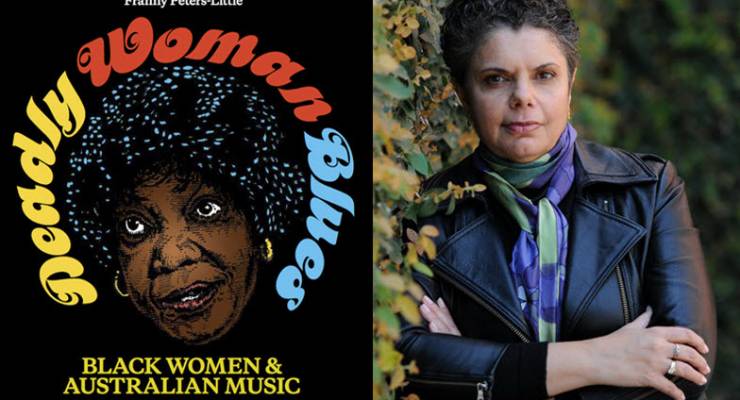
Last week a ripple of anger tore through Australia’s music world. It was announced that Deadly Woman Blues, a book profiling Indigenous women musicians, was set to be recalled due to inaccuracies and poor research.
Authored by long-time music writer Clinton Walker, the book will soon fall out of the headlines, with publisher NewSouth Books removing it from shelves and attempting to redress the issue. But for Yorta Yorta soprano Deborah Cheetham, the events of last week are not just a singular burst of energy, but a repeated phenomenon in which she and other Indigenous people are called upon to clean up the mistakes of non-Indigenous Australians.
“Let’s tackle the problem here,” Cheetham told Crikey. “The problem was not the book. The problem was the process and a set of assumptions, not the concept of the book itself. It is so lazy and it takes such liberties.”
Cheetham set out a series of mistakes in the chapter about her, which was written without contacting the artist or anyone close to her.
In one example, Walker failed to get Cheetham’s place of birth correct. She explains that as a member of the Stolen Generations, this was an affront to three generations of women in her family, including her grandmother, who took part in the historic Cummeragunja Station Walk-Off. Other errors included describing Cheetham as a “cross dresser”. Cheetham says this is because the book features a picture of her wearing a suit, which she would occasionally wear to work. “That was clearly included for titillation,” she said.
Another claim in the book is that it would give “rebirth” to the careers of the artists it mentioned. “When I read that I was taking my make-up off after a 17th sold-out performance of Milky Way: Ballet at the Quarry by West Australian Ballet at the Perth Festival. My career did not need reviving, and yes there are some artists in this book who deserve greater recognition, but that opportunity has now been lost,” she said.
Cheetham is one of many artists who has spoken out about the book. Dr Lou Bennett of ARIA Award winning group Tiddas told NITV News she felt “violated” by the book, especially the incorrect assertion that her successful band was dropped by label PolyGram.
NewSouth Books told The Conversation that the book had an in-house project editor, an external copy editor and a separate external proof-reader. “Yet we see that the assumptions many of us made about consultation and fact-checking were replicated down the line and have not served the women in the book well, nor given them the respect they deserve. It was indeed a missed opportunity,” the statement said. In another statement received by Crikey, the publishing house said that Walker approached them with the idea for the book.
“It was a project he had been working on for ten years and we were advised that he had consulted the women involved in the book.”
However, Cheetham says, “even if the process was right, expecting us to feel gratitude for it, is the wrong slant. If they had approached us earlier we could have participated in it. If this had gone right, it wouldn’t be about gratitude, it would be about informing Australia so it can finally grow up.”
Cheetham says, damningly, that she has become accustomed to furores like this as well as the long hours they take up in her schedule. She says that she can never prepare a speech well in advance of an event because she knows that a situation like the Walker book may emerge which she will be asked to comment on.
On International Womens’ Day, four days after the initial news report, Cheetham spoke to a crowd in regional Victoria. “I knew that right up to the moment that would be the topic,” she told Crikey.
“Colonisers are the kings and queens of furphy. This is exactly the detritus of colonisation. Here we are cleaning up the mess of a white man instead of doing our own work.”








Well said Deborah.
I don,t have to read the article on Helen Clarke…..she is respected and a force to be reckoned with, and what an ambassador for the people of the world we have